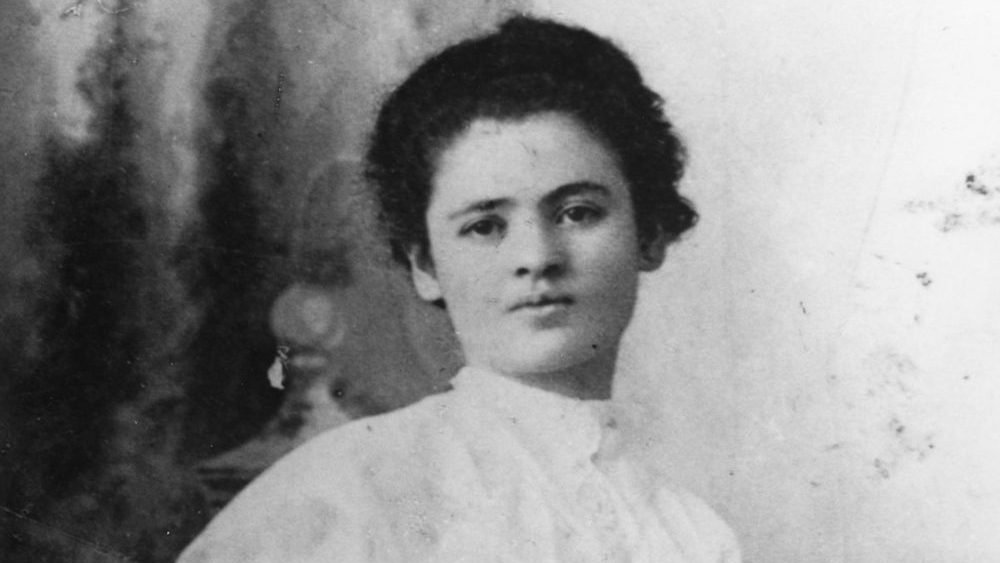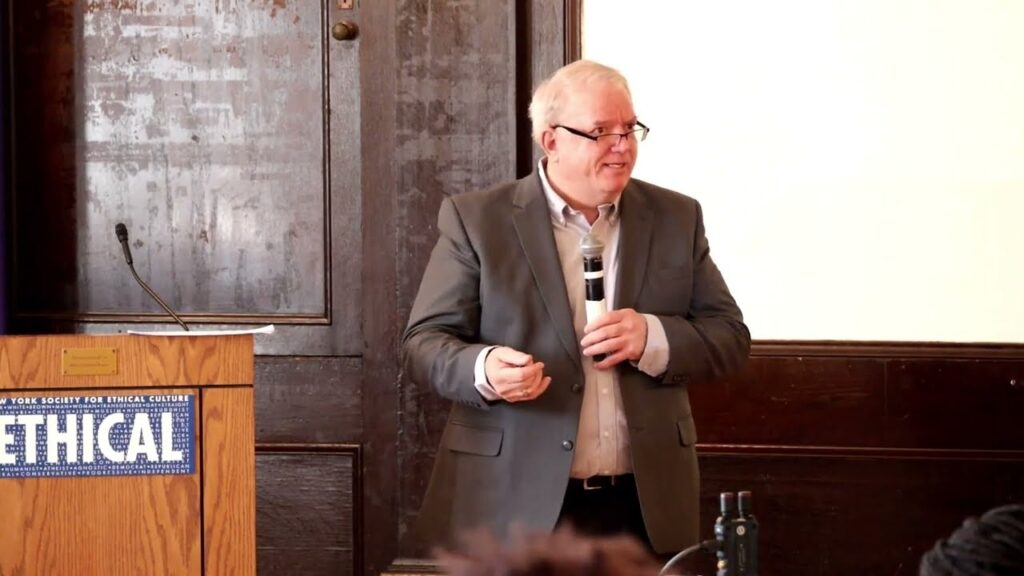
On March 8, we mark the 100th anniversary of International Women’s Day – celebrating the progress we have made toward gender equality, identifying the many remaining inequities, and rededicating ourselves to the work ahead. The first observance was held on March 19, 1911 when more than a million women and men attended rallies in Austria, Denmark, Germany and Switzerland. Its roots go back to New York City where the first National Woman’s Day was observed on February 28, 1909 in honor of the 1908 garment workers’ strike here. The early emphasis on working conditions and job discrimination grew to include calls for peace and women’s suffrage. The observance grew to become a global day of recognition, and March 8 was designated as International Women’s Day by the United Nations in 1975. This year’s theme – “Equal Access to Education, Training, Science and Technology: Pathway to Decent Work for Women” – recalls its birth.
Worldwide more than 60 million girls have been forced into early marriage. Of the 780 million people who can’t read, 510 million are female. Women work two thirds of the world’s working hours but earn just 10% of the income. Statistics document the high rate of pregnancy-related deaths in many parts of the world, the skewed sex ratio in China and India, the disproportionately high number of women who are killed and victimized by wars, and the comparatively heavier burden of poverty on women. Nowhere in the world can women claim to have all the same rights and opportunities as men.
Fortunately, the growing international women’s movement, strengthened by four global United Nations women’s conferences, has made the commemoration a rallying point to build support for women’s rights and participation in political and economic arenas. Thousands of events will be held around the world to call for change and to celebrate acts of courage and determination by ordinary women who have played extraordinary roles in their countries.
Unfortunately, these events may be mere “wordfests” if funding is not made available to UN Women – the United Nations Entity for Gender Equality and the Empowerment of Women – created by the UN General Assembly in July 2010. This new agency is struggling to plan its work without knowing what funding it will receive. Two of the countries crucial to its creation, the U.S. and the U.K., have yet to declare what contribution they will make. The UN has historically marginalized women with less than 1% of its funding directed to addressing gender inequality.
Furthermore, the U.S., although a signatory to the Convention on the Elimination of All Forms of Discrimination Against Women, or CEDAW, has not ratified the international treaty, joining the countries of Iran, Sudan, Somalia, Nauru, Palau and Tonga. [Note: This is not unusual for us. Although the U.S. government played an active role in drafting the Convention on the Rights of the Child, we join Somalia as the only countries not to ratify the treaty, due to opposition from political and religious conservatives.]
So what are we to do? Firstly, educate ourselves about the issues. Visit UN Women at http://www.unwomen.org/ and attend an International Women’s Day event. Then take ethical action: Advocate for change and support funding for organizations that promote change.
“There is no tool for development more effective than the empowerment of women. No other policy is as likely to raise economic productivity, or to reduce infant and maternal mortality. No other policy is as sure to improve nutrition and promote health – including the prevention of HIV/AIDS. No other policy is as powerful in increasing the changes of education for the next generation.”- Kofi Annan, former UN Secretary Genera







